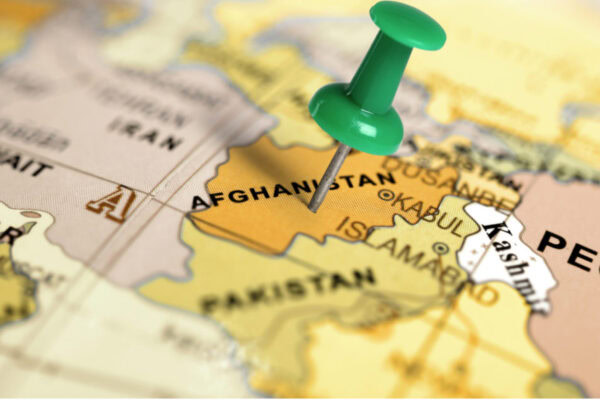Women in Afghanistan continue to face severe restrictions under Taliban rule, with their rights to education, employment, and personal freedoms systematically dismantled. Simultaneously, the suspension of humanitarian aid has deepened the country’s crisis, disproportionately affecting women and children.
The Taliban’s policies have effectively erased women from public life. Women are required to cover their entire bodies and faces in public, with violators facing harsh punishments. Female representation in media has diminished, as women are barred from appearing in television dramas, and Afghanistan’s only women-run radio station, Radio Begum, was shut down following a raid on February 4.
The Taliban has also imposed severe mobility restrictions, banning women from driving, using taxis, or traveling more than 45 miles without a male guardian. Education remains inaccessible for Afghan girls, making Afghanistan the only country where women are prohibited from secondary and higher education. According to UN Women, the loss of rights has contributed to a growing mental health crisis among Afghan women.
Meanwhile, the suspension of U.S. foreign aid and other humanitarian funding has left millions without essential support. Afghan women who previously relied on aid-funded jobs have lost their livelihoods, worsening financial instability. Reports indicate that food insecurity is rising, with many families struggling to survive.
A UN report states that $2.42 billion is needed to assist 17 million vulnerable Afghans this year, but only $279 million has been secured so far. The funding shortfall, combined with operational restrictions, has put millions at risk, particularly women and children. Human rights organizations continue to urge the international community to address the deteriorating conditions in Afghanistan and find solutions to support the country’s most vulnerable populations.

